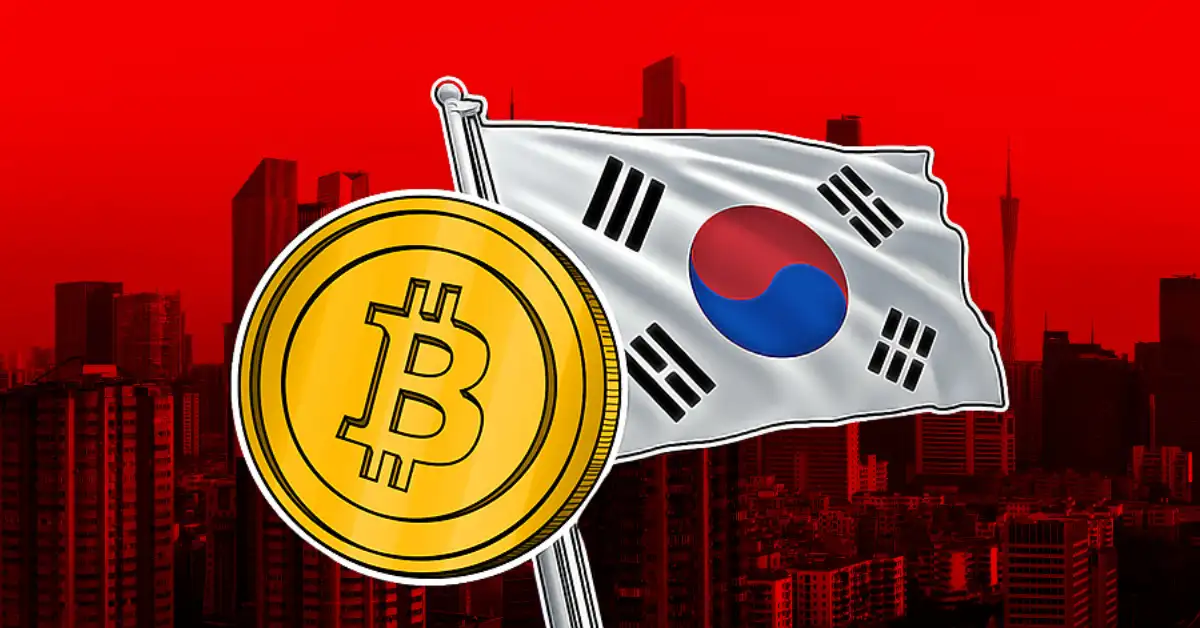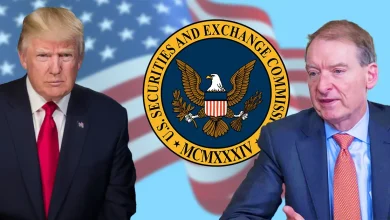
In a dramatic turn of events, the world of cryptocurrency experienced a significant upheaval as South Korea’s President, Yoon Suk Yeol, declared martial law unexpectedly on a Tuesday evening. This announcement sent shockwaves throughout the financial markets, particularly affecting digital currencies. According to reports from The Korea Herald, this drastic measure was in response to escalating threats from North Korea’s communist regime and aimed at eradicating anti-state elements within South Korea.
Understanding the Presidential Move
In a live broadcast on CNBC’s YouTube channel, President Yoon elaborated on the necessity of this decision, stating, “This is an unavoidable measure to ensure the freedom and safety of the people and guarantee the sustainability of the nation against the unrest stirred by these subversive, anti-state elements.” The president also highlighted attempts by the Democratic Party to impeach government officials, which added to the political tension.
Major Tokens Drop
The declaration of martial law had an immediate and profound impact on the cryptocurrency markets. Bitcoin and XRP, two of the most traded cryptocurrencies on South Korean exchanges, experienced sharp declines. On the local exchange Upbit, Bitcoin plummeted by as much as 30%, dropping from $96,000 to $63,000 in less than half an hour. In terms of South Korean won, Bitcoin’s value sank to ₩88,266,000, marking a 33% decrease from its previous value of ₩132,429,000. Although there was a slight recovery, with Bitcoin hovering around ₩127,000,000, equivalent to approximately $88,600, the market remained unstable.
Ethereum and Ripple, two major altcoins, were not spared from this downturn. Ethereum saw a decline of 35%, while Ripple experienced a staggering 51% drop. This widespread decline in cryptocurrency values was compounded by temporary connectivity issues on popular South Korean exchanges such as Upbit and Bithumb, further complicating trading activities.
Currency Exchange Rate Fluctuations
The ripple effects of the martial law declaration extended beyond cryptocurrencies, impacting traditional currency markets as well. The exchange rate of the South Korean won to the U.S. dollar fell by nearly 3%, reflecting the broader economic uncertainty triggered by the government’s sudden announcement.
Conclusion
As South Korea grapples with political and security challenges, the cryptocurrency market remains on edge. Investors and traders are advised to stay informed and exercise caution in these volatile times. The events unfolding in South Korea serve as a reminder of the interconnectedness of global markets and the impact geopolitical developments can have on financial systems worldwide. As the situation evolves, stakeholders will be closely monitoring both the political landscape in South Korea and the recovery trajectory of the cryptocurrency markets.






